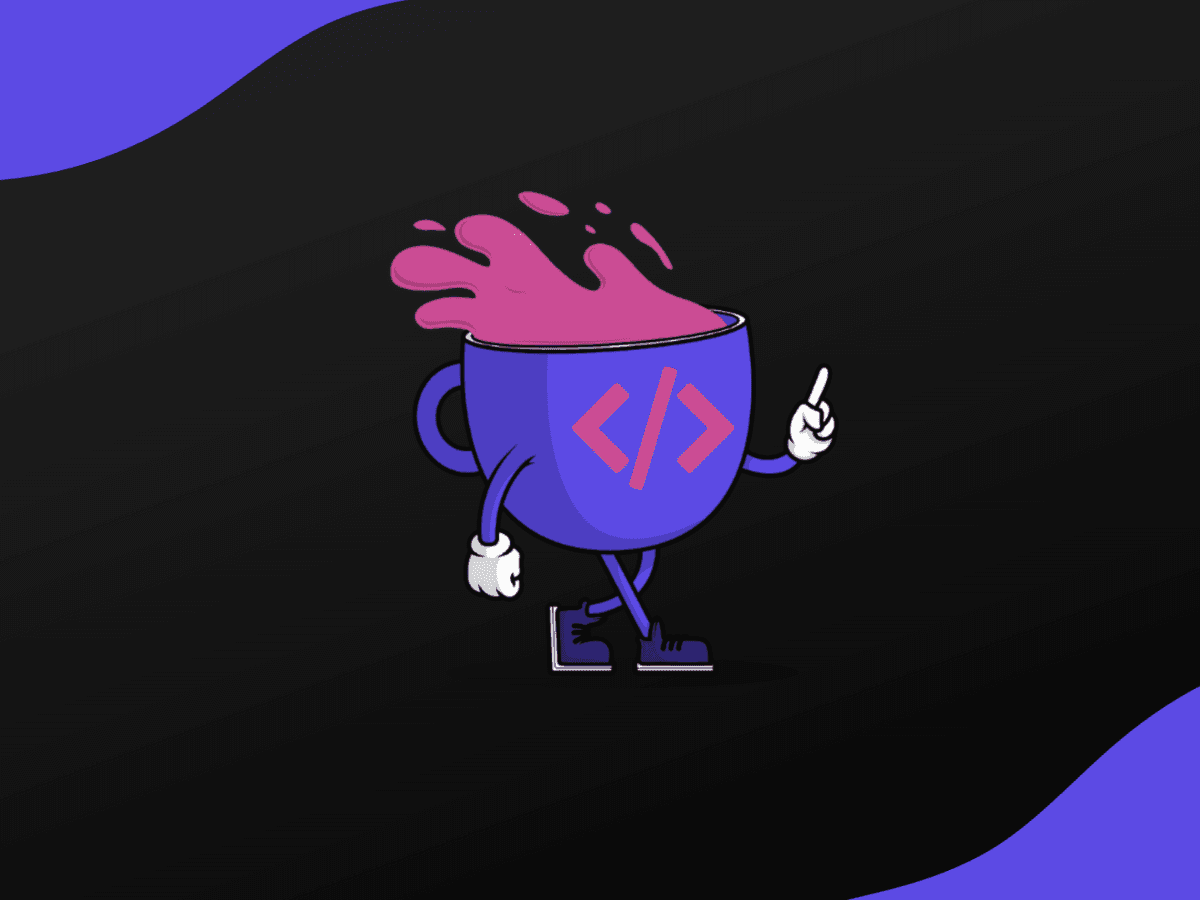DevOps and Microservices

- What are Microservices?
- The Benefits of Microservices
- What is DevOps?
- The Benefits of DevOps
- Combining DevOps and Microservices
- Conclusion
In recent years, both DevOps and microservices have become highly popular in the software development industry. DevOps is an approach that focuses on collaboration and automation between development and operations teams, while microservices is a software architecture that structures an application as a collection of small, independent services. Together, they offer several benefits in terms of agility, scalability, and resilience.
What are Microservices?
Microservices are an architectural approach to developing software applications. They are based on the idea of breaking down an application into small, independent services that can be built, deployed, and scaled separately. Each service can be developed, tested, and maintained independently of the others, enabling teams to work faster and more autonomously.
Each microservice has its own database and communicates with other services using APIs. The microservices architecture is particularly suitable for complex, large-scale applications, as it enables teams to work on different parts of the application concurrently without worrying about dependencies.
The Benefits of Microservices
Microservices have several advantages over traditional monolithic architectures:
- Scalability: With microservices, each service can be scaled independently of the others. This means that teams can scale only the services that need scaling, rather than having to scale the entire application.
- Flexibility: The microservices architecture allows teams to use different technologies for different services, depending on the use case.
- Resilience: Microservices are designed to be fault-tolerant. If one service fails, it will not affect the entire application, as other services can continue to function.
- Agility: Because each microservice can be developed, tested, and deployed independently of the others, teams can work faster and with greater autonomy.
What is DevOps?
DevOps is an approach that combines software development and IT operations to speed up the software delivery process. It is characterized by collaboration, communication, and automation between development and operations teams.
DevOps emphasizes the importance of breaking down silos and creating a culture of shared responsibility for the entire software delivery pipeline. DevOps teams work to eliminate bottlenecks and improve the flow of code from development to production.
The Benefits of DevOps
DevOps offers several benefits, including:
- Speed: DevOps teams can deliver software faster and with greater frequency than traditional development teams.
- Quality: By automating testing and deployment, DevOps teams can ensure that software is of high quality and meets customer requirements.
- Efficiency: DevOps teams work together to eliminate bottlenecks and streamline the software delivery process.
- Collaboration: The DevOps approach fosters collaboration between development and operations teams, leading to better communication and shared responsibility.
Combining DevOps and Microservices
The combination of DevOps and microservices offers several benefits:
- Agility: By breaking down an application into small, independent services, teams can work more autonomously and deploy changes faster.
- Scalability: Microservices can be scaled independently of each other, making it easier to scale up or down as needed.
- Resilience: With a microservices architecture, if one service fails, it will not affect the entire application. DevOps teams can use automation to quickly identify and address failures.
- Flexibility: Teams can use different tools and technologies for different services, depending on the requirements.
- Collaboration: The DevOps approach fosters collaboration between development and operations teams, enabling them to work together more effectively.
Conclusion
DevOps and microservices are two key innovations that are transforming the software development industry. By combining them, teams can achieve greater agility, scalability, and resilience. The DevOps approach fosters collaboration and communication between development and operations teams, while the microservices architecture enables teams to work more autonomously. Together, they offer a powerful solution for building and delivering software in today's fast-paced, complex environment.
Stay Ahead with Code highlights
Join our community of forward-thinkers and innovators. Subscribe to get the latest updates on courses, exclusive insights, and tips from industry experts directly to your inbox.

Related articles
8 Articles

Copyright © Code Highlights 2025.
